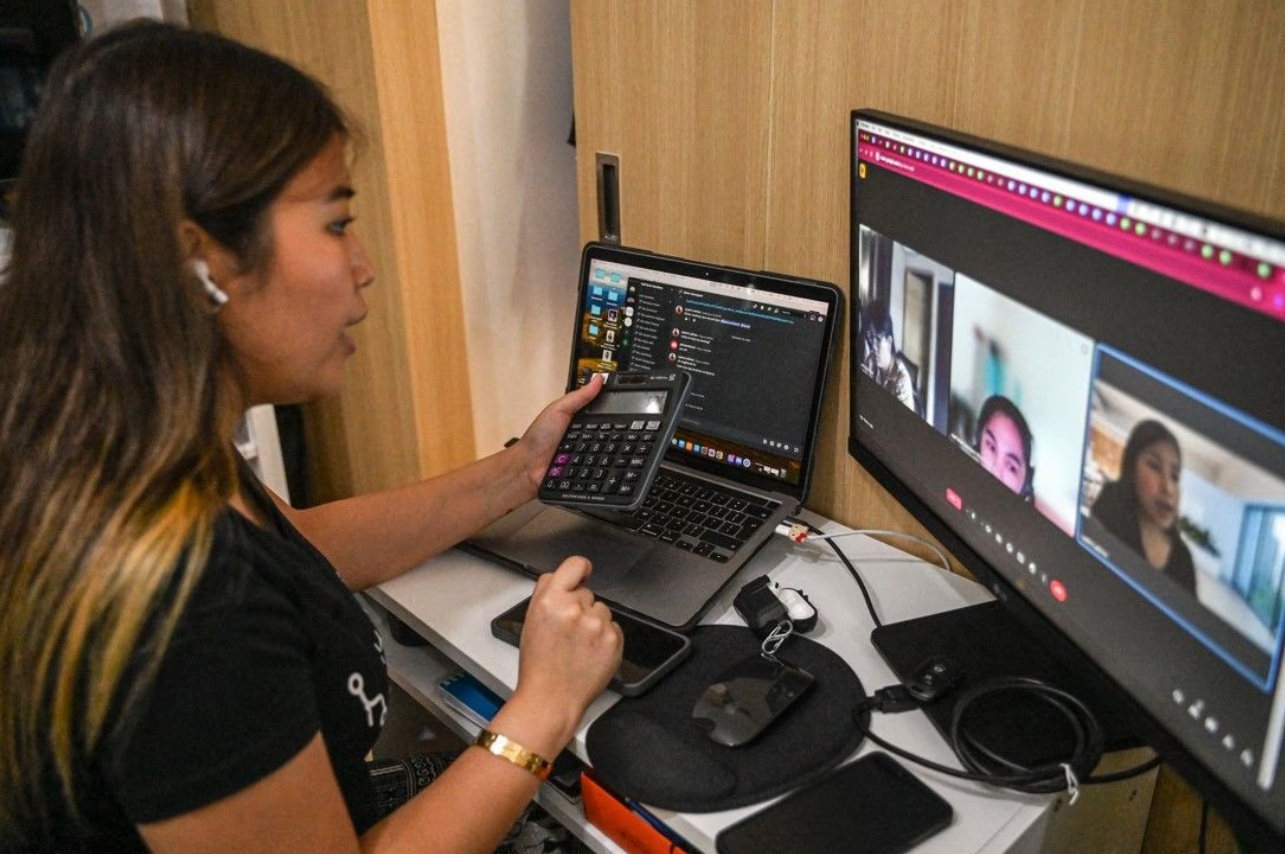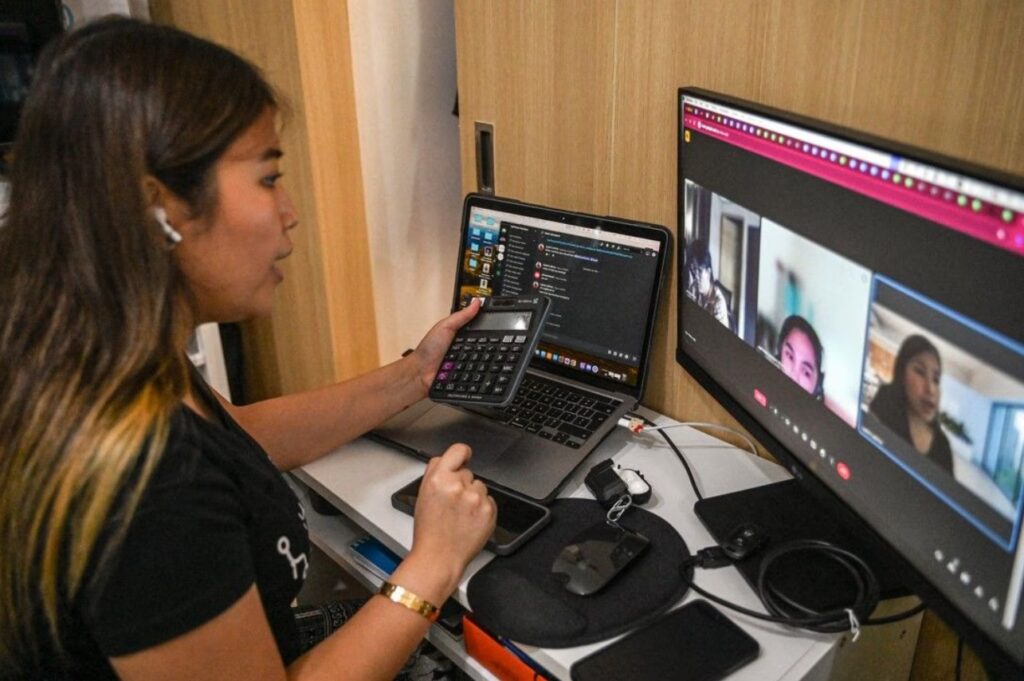In the dynamic landscape of global business expansion, companies in the Philippines are increasingly turning to professional employer organizations (PEOs) to navigate the complexities of hiring and managing their workforce. As a burgeoning hub for outsourcing and talent acquisition, the Philippines offers a skilled labor pool; however, adhering to local regulations and promoting ethical practices remain paramount. PEO services in the Philippines enable businesses to co-employ workers, handling HR outsourcing, payroll outsourcing, and compliance with Philippine labor laws, while fostering sustainable hiring models that prioritize fair work and ethical hiring practices. This approach not only mitigates risks but also supports long-term growth by ensuring compliance with DOLE regulations and providing equitable employee benefits. Trusted providers like Out Task exemplify how PEOs can streamline operations, allowing firms to focus on core objectives amid the archipelago’s vibrant economy.
Understanding PEO Services in the Philippines
Professional employer organizations (PEOs) in the Philippines serve as strategic partners for businesses seeking to expand without the burdens of establishing a whole entity. These entities act as co-employers, sharing responsibilities for employee management while ensuring adherence to local standards. By outsourcing administrative tasks, companies can tap into the Philippines’ talented workforce in sectors such as technology and customer service.
- Core Functions: PEOs handle payroll processing, tax withholdings, and benefits administration, integrating secondary keywords like PEO payroll Philippines and PEO benefits Philippines to optimize efficiency.
- Compliance Focus: They ensure alignment with DOLE regulations, mitigating risks associated with the Philippine labor law compliance and fair work practices.
- Market Adaptation: Tailored for the Philippine context, PEOs address cultural nuances and economic factors, promoting sustainable hiring in the Philippines.
- Partnership Model: As a PEO company in the Philippines, providers like Out Task offer scalable solutions for diverse industries.
- Risk Management: They provide expertise in ethical hiring in the Philippines, reducing liabilities through structured co-employment agreements.
This framework enables businesses to enter the market quickly, with PEOs handling up to 80% of HR tasks, according to industry benchmarks. In essence, understanding PEO services reveals their role in fostering resilient, compliant operations.
Benefits of PEO for Businesses in the Philippines
Engaging a PEO in the Philippines unlocks numerous advantages for companies seeking to optimize operations and maintain a competitive edge. These benefits extend beyond mere administrative relief, encompassing cost savings, enhanced employee satisfaction, and strategic growth opportunities in a regulated environment.
- Cost Efficiency: PEO costs in the Philippines and PEO pricing in the Philippines are often lower than establishing an in-house HR department, with savings on overheads reaching 20-30% through shared resources.
- Compliance Assurance: PEO compliance in the Philippines ensures that businesses adhere to intricate labor laws, thereby avoiding penalties from the DOLE for non-compliance.
- Employee Perks: Access to comprehensive PEO benefits in the Philippines, including health insurance and retirement plans, boosts retention in a competitive job market.
- Scalability: Philippine PEO services enable rapid workforce expansion without long-term commitments, making them ideal for seasonal or project-based needs.
- HR Expertise: HR outsourcing in the Philippines via PEOs provides specialized knowledge in talent management and dispute resolution.
- Focus on Core Business: By handling payroll outsourcing in the Philippines, PEOs free up management to concentrate on innovation and market penetration.
Overall, these benefits position PEOs as indispensable for sustainable business models, as evidenced by rising adoption rates among foreign investors.
Requirements for Engaging a PEO in the Philippines
To engage a PEO in the Philippines, businesses must meet specific prerequisites that ensure legal viability and operational alignment. These requirements form the foundation for a compliant partnership, safeguarding the interests of both parties in accordance with Philippine labor laws and regulations.
- Business Registration: Companies must have a valid registration with the Securities and Exchange Commission (SEC) or an equivalent regulatory body, regardless of their foreign-based status, to establish legitimacy.
- Employment Contracts: Detailed agreements outlining co-employment terms, including roles, responsibilities, and termination clauses, must comply with the applicable provisions of the Labor Code.
- Financial Documentation: Proof of economic stability, such as audited statements, to assure the PEO of payment capabilities for services rendered.
- Compliance Certifications: Evidence of adherence to DOLE standards, including SSS, PhilHealth, and Pag-IBIG registrations for employee contributions.
- Risk Assessment: A thorough evaluation of potential liabilities, ensuring the PEO can mitigate risks associated with hiring employees in the Philippines.
- Legal Counsel Review: Consultation with local attorneys to verify that all documents align with PEO vs EOR Philippines distinctions and ethical standards.
Meeting these requirements, while straightforward in theory, demands meticulous preparation, highlighting the value of experienced providers like Out Task in navigating bureaucratic hurdles.
The Process of Hiring Through a PEO in the Philippines
Hiring through a PEO in the Philippines involves a multifaceted sequence of steps that, while effective, can overwhelm businesses due to the intricate interplay of legal, administrative, and operational elements. This process underscores the extensive workload required, often necessitating expert guidance to avoid missteps.
- Initial Consultation: Begin by assessing business needs against PEO capabilities, involving detailed discussions on workforce size, industry-specific requirements, and compliance expectations.
- Contract Negotiation: Draft and review co-employment agreements, incorporating clauses on PEO payroll Philippines and benefits, which require legal scrutiny and multiple revisions.
- Employee Onboarding: Coordinate recruitment, background checks, and contract signings, ensuring alignment with DOLE compliance in the Philippines amid varying regional regulations.
- Payroll Setup: Establish systems for tax withholdings, social security contributions, and remittances, a time-intensive task prone to errors without specialized payroll software.
- Ongoing Management: Monitor performance, handle disputes, and update records for promotions or terminations, demanding continuous oversight.
- Compliance Audits: Regularly verify adherence to labor laws, including fair work practices in the Philippines, which involves extensive documentation and potential government inspections.
This exhaustive process illustrates the substantial effort involved, making it daunting for individuals or small teams to manage effectively without professional support.
PEO vs EOR in the Philippines
In the Philippine employment landscape, distinguishing between PEO and EOR models is crucial for businesses to select the optimal hiring strategy. While both facilitate expansion, their structures differ significantly in terms of liability and control, which in turn influence compliance and operational dynamics.
- Co-Employment vs. Sole Employment: PEOs operate on a shared employer model, where the client retains some control, whereas EORs (Employer of Record Philippines) assume full legal responsibility, shielding clients from direct liabilities.
- Entity Requirement: PEOs often necessitate a local entity, which complicates the setup process, while EORs allow hiring without one, streamlining the entry process.
- Compliance Handling: Both ensure Philippines labor law compliance, but EORs handle all payroll and taxes independently, reducing client involvement.
- Cost Structures: PEO pricing in the Philippines may vary based on the services provided, whereas EORs typically offer predictable fees, although these fees may be higher for comprehensive coverage.
- Flexibility: PEOs are well-suited for long-term engagements with shared risks, while EORs excel in short-term or testing phases.
- Ethical Considerations: Both promote fair work, but EORs emphasize sustainable hiring practices in the Philippines by managing all aspects of ethical hiring.
Given the complexities in differentiating and implementing these models, seeking assistance from trusted providers like Out Task is essential, as their expertise simplifies the intricate decision-making and execution processes that can otherwise prove overwhelming.
Promoting Sustainable and Ethical Hiring with PEOs in the Philippines
PEOs in the Philippines play a pivotal role in advancing sustainable and ethical hiring practices, aligning business growth with social responsibility. By integrating fair work principles, these organizations contribute to a more equitable labor market.
- Fair Compensation: PEOs ensure competitive wages and mandatory benefits, supporting ethical hiring practices in the Philippines and reducing exploitation risks.
- Diversity Initiatives: They promote inclusive recruitment, fostering diverse workforces that enhance innovation and cultural sensitivity.
- Environmental Alignment: Sustainable hiring models incorporate eco-friendly practices, such as remote work, to minimize carbon footprints.
- Training Programs: Investing in employee development upholds fair work practices in the Philippines, building long-term career paths.
- Audit and Transparency: Regular compliance checks with the DOLE ensure accountability, bolstering trust in PEO services in the Philippines.
- Community Impact: PEOs encourage corporate social responsibility, contributing to local economies through ethical partnerships.
This holistic approach not only complies with regulations but also fosters resilient businesses that are committed to societal well-being.
Wrapping Up
As the Philippines continues to emerge as a key player in global outsourcing, PEOs stand at the forefront of sustainable hiring models that prioritize fair work and compliance. By addressing the multifaceted challenges of workforce management, these organizations enable businesses to thrive ethically and efficiently. From navigating labor laws to fostering employee welfare, PEO Philippines solutions offer a pathway to balanced growth. Ultimately, embracing such models ensures not only regulatory adherence but also contributes to a more just economic ecosystem, benefiting employers, workers, and society at large.
Is Assistance Available?
Yes, Out Task can help by providing expert guidance and streamlined solutions tailored to your business needs, ensuring compliance and efficiency at every step. Reach out today to schedule an initial consultation with one of our experts.
- Contact Us Here
- Fill Out the Form Below
- Send an email to: info@outtask.ph



